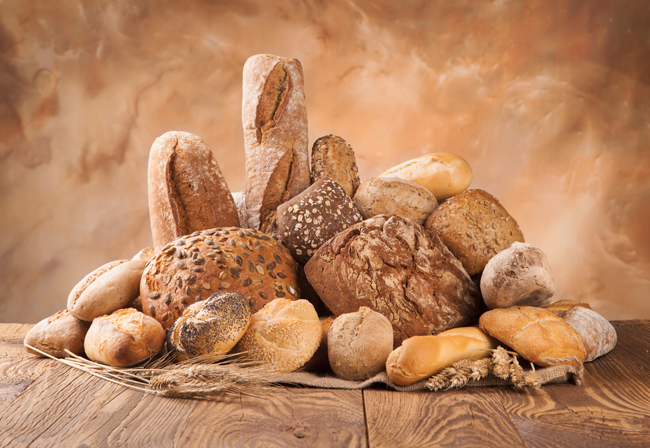Share This
In his new book, The Gluten Lie, Alan Levinovitz uses today’s hysteria about gluten as only the latest example of our ages-old misunderstanding about good eating. He writes, “The truth about what we eat is unromantic,” and that there are no dietary “miracle cures.”
It certainly holds true that no one food can be responsible for saving (or destroying) our health. But at Oldways, we believe that there is absolutely something romantic about embracing traditional food cultures, and the delicious, old ways of eating.
Time and time again, science and common sense tell us that good health and good food go hand in hand. Just last month, researchers reported that embracing a traditional, African heritage diet significantly improved health in a group of middle aged African Americans. This evidence complements the mounting health benefits of the Mediterranean diet, a flavorful eating pattern rich in seasonal fruits and vegetables, hearty grains, nuts, and beans, and fruity olive oil.
Reminiscent of Michael Pollan in his 2009 bestseller In Defense of Food, Levinovitz rallies against the single nutrient approach to dietary health, instead advocating for a larger perspective, including home cooked meals, eaten mindfully. Levinovitz suggests that diners “Set aside time to eat, rather than eating during time you’ve set aside for something else.” Similarly, he prescribes, “Make sure that four dinners a week take at least thirty minutes to prepare and twenty minutes to eat… Just prepare your food with care and eat it slowly, seated at a table.”
The Gluten Lie serves as a refreshing voice of reason against fear mongering and food faddists, as readers are assured that “gluten is not toxic to the general population… It does not give you wheat belly or grain brain, because there are no such things.” Levinovitz attributes many food fads to mythical, religious-style thinking. He accurately labels the authors of these pop-science books as “sensationalists, not scientists,” and reminds readers that, “Citations and jargon notwithstanding, their books are filled with slick, manipulative, unscientific hyperbole, designed to scare the crap out of you and make their authors money.”
In a recent interview with James Hamblin, senior editor at The Atlantic, Levinovitz says, “People need to know they can trust scientific consensus, it is reliable, and it is impossible to buy.” That being said, there actually is much more consensus on the effects of excessive salt, sugar, and some fats than Levinovitz lets on in his book. The Scientific Report of the 2015 Dietary Guidelines Committee, which calls for a reduction in salt, sugar, and saturated fat based on an extensive review of the evidence, is just one example. Similarly, many traditional diets, such as the Mediterranean diet, are naturally low in these questionable nutrients, instead providing an ample amount of whole grains, fresh produce, and healthy fats, like nuts and olive oil.
While fad diets are undoubtedly harmful, what we eat (and how it is produced) does matter. In the words of Alan Levinovitz, “Let’s forgo nutrition alarmism and focus on warm, cozy kitchens filled with wonderful smells.” And if those smells are coming from a traditional, heritage recipe, savored in the presence of friends and family, all the better!
-Kelly


Add a Comment